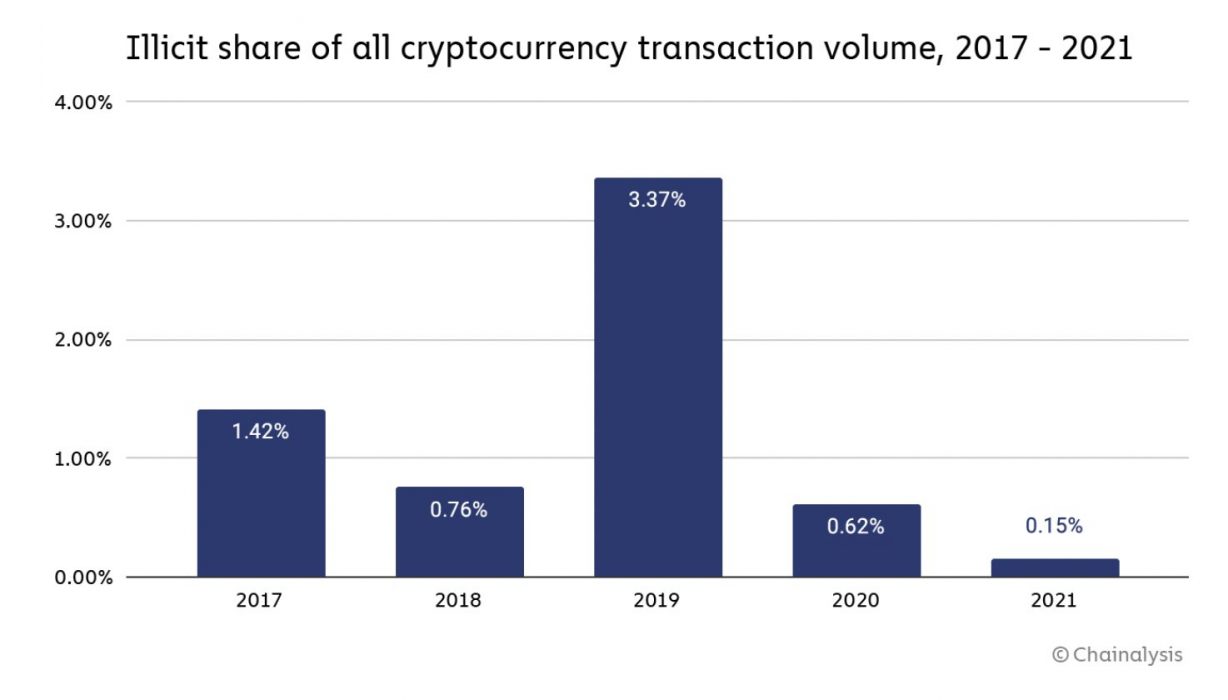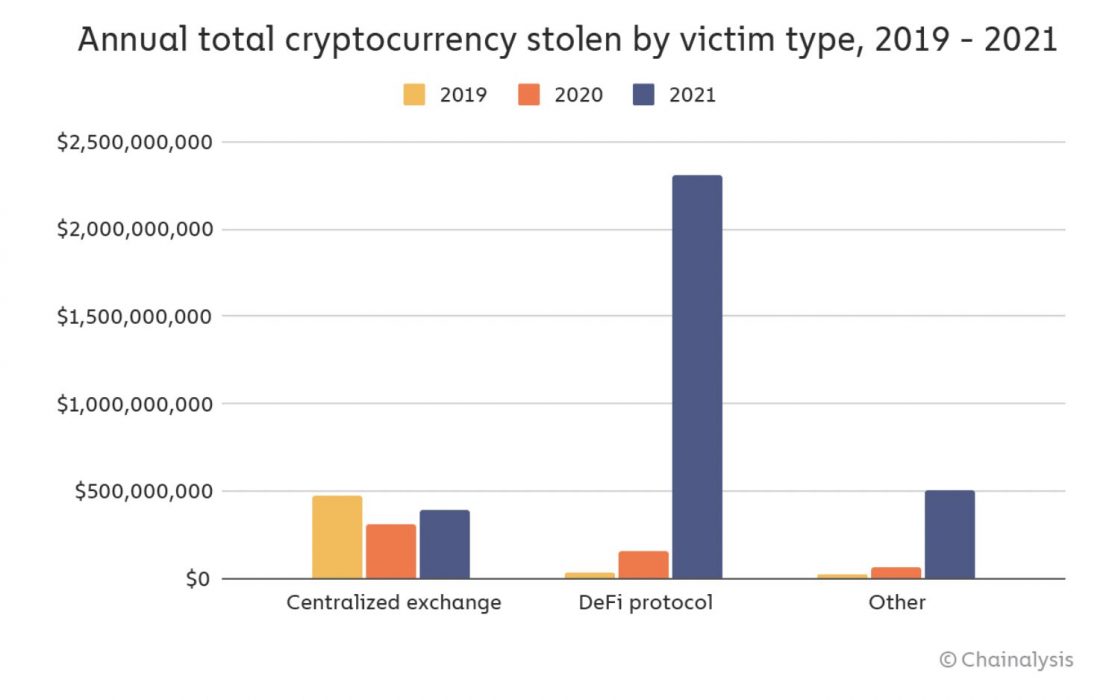Bitfinex’s UNUS SED LEO token (LEO), an altcoin most had forgotten since it launched in 2019, has just surged 60 percent in value following the seizure of almost US$4 billion in Bitcoin lost in an infamous 2016 hack.
LEO Price Hits All-Time High
LEO went from trading at US$4.97 to US$8.04, according to data from CoinMarketCap, reaching an all-time high. The price has settled since to US$6.84, but the surge seems to be related to the seizure of stolen crypto assets that formerly belonged to Bitfinex users.
On February 8, the US Department of Justice announced it had recovered 94,000 BTC stolen in the infamous hack of the crypto exchange Bitfinex. The 2016 hack saw 119,754 BTC stolen, worth about US$72 million at the time. The value of the stolen crypto is now almost worth US$4 billion. On February 1, an estimated US$3.5 billion in BTC was moved from wallets associated with the hack into a single wallet, alerting authorities to the stolen Bitfinex BTC.
Bitfinex CTO Paolo Ardoino took to Twitter to express his gratitude:
Deputy Attorney General Lisa Monaco said in a statement: “Today’s arrests, and the department’s largest financial seizure ever, show that cryptocurrency is not a safe haven for criminals.” The statement also named Ilya Lichtenstein and Heather Morgan as the two culprits charged with attempting to launder the stolen property.
According to the FBI, Morgan and her husband Lichtenstein spent part of the proceeds on gold, NFTs and other items. Each faces up to 25 years in federal prison should they be convicted.
LEO Buys Back
In 2019, Bitfinex sold its Leo token and raised US$1 billion in 10 days. The token is a basic exchange utility token, so using it on Bitfinex lowers trading fees. However, LEO has an additional unique property. According to its whitepaper, the firm pledged to use most of any recovered BTC from the hack to purchase LEO on the open market and burn it after.
The whitepaper indicates: “Bitfinex and its subsidiaries will use an amount equal to at least 80 percent of the recovered net funds from the Bitfinex hack …. to repurchase and burn outstanding LEO tokens.”
The whitepaper also gives the firm 18 months to dispose of the BTC, thereby allowing it to do so at a time-weighted average price rather than shock the market with one giant sale.
In a statement following the news of the seizure, Bitfinex said: “We want to express our appreciation for the dedication and hard work by the DoJ team that led to this great success. We will continue to support their efforts.”
LEO comes from the Latin phrase, “unus sed leo”, a line in the Aesop’s fable The Lioness, and the moral of the story is quality over quantity. If all goes according to plan, there will soon be considerably fewer LEO tokens in circulation.














